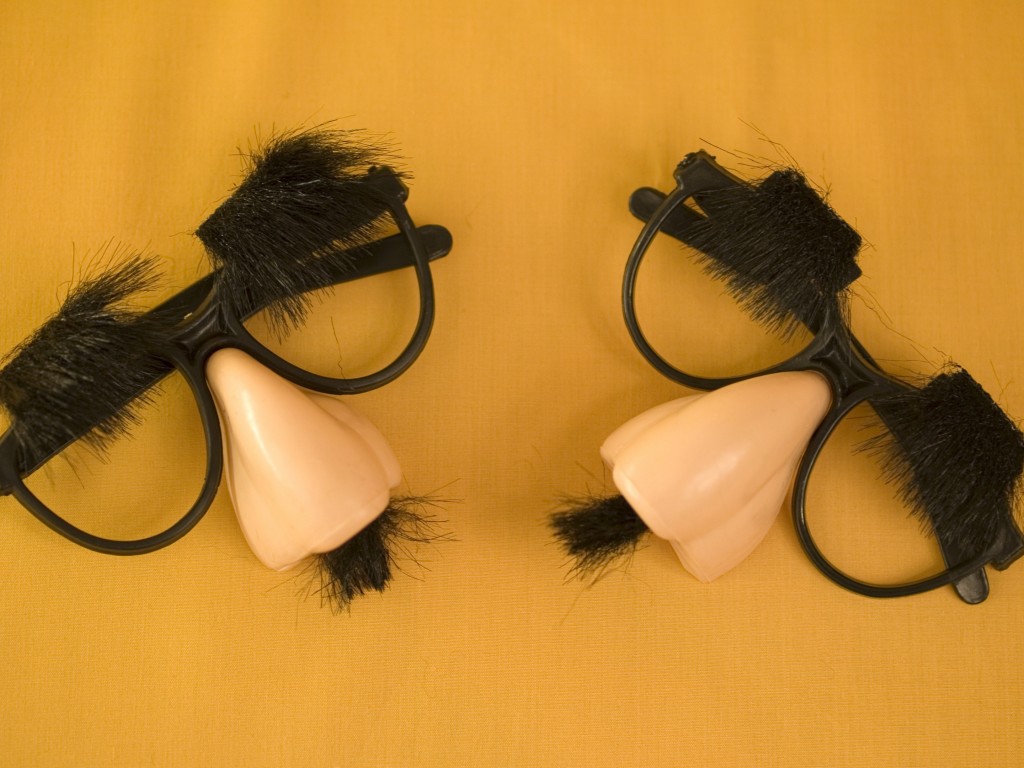
Last year the government launched a consultation in relation to brand copycats and the Consumer Protection from Unfair Trading Regulations 2008. The consultation was launched to examine whether businesses should be given civil rights to take action against brand copycats.
The outcome of the government consultation is not yet known but it raises some important issues for businesses to consider in relation to their intellectual property rights.
Businesses do not currently have any civil rights to take action against copycats. The Trading Standards Institute (TSI) can prosecute for misleading packaging under the Consumer Protection from Unfair Trading Regulations 2008. However, anti-copycat campaigners are not satisfied that the enforcement measures of the TSI are enough as historically, in their view, there has been no meaningful enforcement.
The TSI responded negatively to government consultation on brand copycats as it considers that it has sufficient methods of enforcement and they consider that affording business civil rights against copycats would only benefit big businesses who could afford to take legal action.
What can businesses do to help protect themselves against copycats?
As it currently stands businesses have no civil rights to take enforcement action against copycats. However there are a number of ways businesses can protect themselves against copycats.
In order to show that a copycat has infringed your right, you have to be able to demonstrate that you have those rights in the first place.
One of the best ways to guard against brand copycats is to register a trade mark for the brand name and logo.
Trade mark protection is robust. It is useful for the following three main reasons:
1. It protects a company’s reputation and gives a company monopoly over a brand, packaging etc. A company could bring a trade mark infringement action against another company using their name/logo on a product or, for example for using packaging which is similar to a registered trade mark.
2. Trade mark registration takes priority over a company’s trading history and goodwill that has been built up.
3. A trade mark is an asset of the business and can be valued and added to the bottom line.
Stephens Scown offers a free review of the intellectual property in your business, including trade mark ownership. Our IP MOT is provided without obligation or cost.
